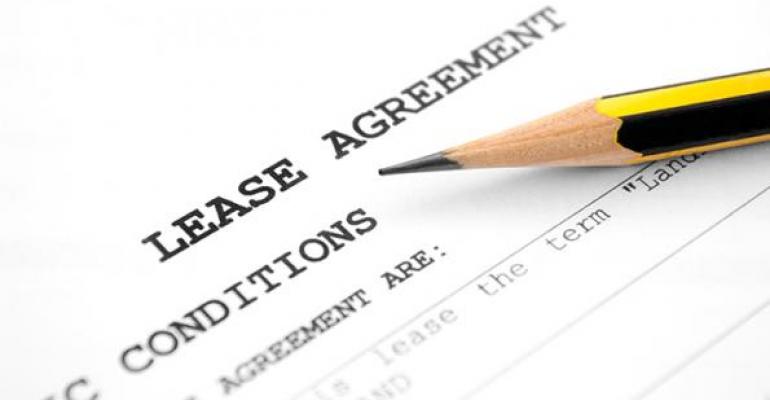The restaurant business is tough. It takes hard work, persistence and constant watching of the details other wise the business could go south and south really fast. And this constant pressure tends to quickly burn people out.
So before you get into the business make sure you have a well thought through exit strategy. An exit strategy should allow you to sell the business and limit your liability when you exit.
[CHARTBEAT:3]
To add value to your sale, there are a few points that need attention. First, keep great book and records and pay your taxes. Buyers demand this and pay dearly for it. It will be the difference between getting 1.5 times your cash flow versus 2.5+ times your cash flow.
Second, make sure the lease's language allows you to transfer the lease as well as the options. In the assignment section of your lease there must be language stating the landlord will not “unreasonably withhold consent.” Also, avoid language where the landlord demands the net worth of the buyer is equal or greater than yours.
Take, for example, the major restaurant owner with 15 restaurants on his balance sheet. His net worth is likely above $25 million. He allowed language in his leases that says the net worth of a buyer must be at least equal to his. Well, there aren’t too many restaurant buyers with that kind of net worth, and suddenly, he can’t exit that restaurant and he has a rent of $18,000 a month to cover for many years.
Another issue is the lingering liability. Most leases typically have language keeping the “assignor” (that’s the current owner/tenant) on the lease for the term of the lease. There are some attorneys who could argue the term of the lease includes the option periods.
So, there are ways to reduce one’s liability. Make sure the lease has language stating that the assignor’s liability is limited to the initial term and not the option periods or the current term of the lease, or better yet, have language removing the assignor from liability upon assignment of the lease. Landlords usually don’t give up protection without getting paid for it. Do the economics to determine if the amount the landlord demands is worth removing all the risk of the lease.
Finally, options are a unilateral contract giving the tenant the right to renew the lease, and the landlord has no right to cancel the lease unless, of course, one is in default. Options are a critical part of the value of a business and need to be available to a buyer. All too often landlords make the options personal to the original tenant, making the options non-transferrable to a buyer of the business and therefore hurting the business’s value. Make sure the language in the options allows the option to transfer to a buyer (assignee).
And of course, always seek the advise of a knowledgeable attorney who has a strong understanding about commercial retail leases and how to design good exit strategies.
Mel Jones is the c.e.o. and president of sellingrestaurants.com, a restaurant brokerage firm.





